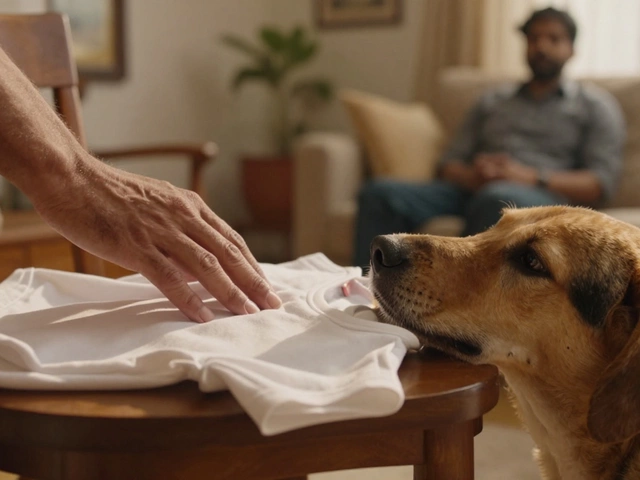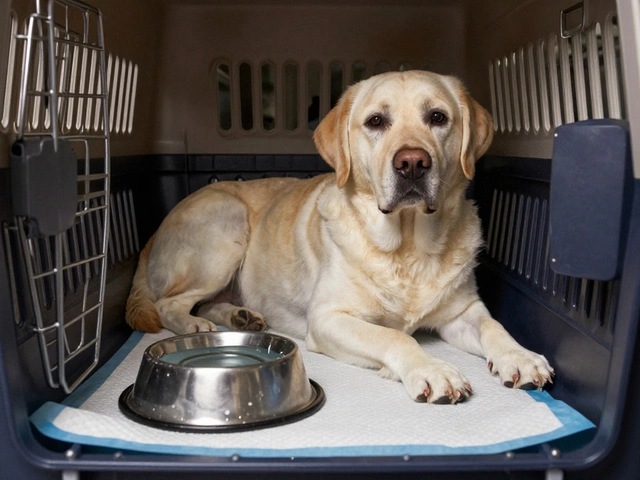Maryland Dog Laws: Your Quick Guide
If you live in Maryland or plan to move here with your pup, you need to know the rules that keep both dogs and people safe. This guide pulls the most important statutes into one place so you can follow the law without hunting through legal pages.
Licensing, Leash, and Vaccination Rules
Every dog over four months old must wear a current license tag. The tag costs between $15 and $25 depending on the county, and you can renew it online or at the county clerk’s office. Forgetting to license your dog can lead to fines up to $200, so set a calendar reminder the day you get the tag.
Maryland also requires that dogs be leashed in public spaces unless they’re in a designated off‑leash area. The leash should be short enough to stay in control but long enough for a comfortable walk—generally 4 to 6 feet. If you’re at a park that allows off‑leash play, make sure the area is clearly marked and your dog responds reliably to recall commands.
Rabies vaccination is non‑negotiable. The law says any dog over three months must be vaccinated, and you need to keep the certificate on file with your local animal control. Some counties ask you to show proof when you register the license, so keep a digital copy handy.
Bite Laws, Noise Ordinances, and Other Must‑Knows
If your dog ever bites someone, Maryland’s “strict liability” rule kicks in. This means you’re responsible for all damages, even if the bite was provoked. That’s why it’s smart to enroll in a basic obedience class early—most trainers teach bite inhibition alongside recall.
Noise can also land you in trouble. Many Maryland towns enforce a “no barking” rule after 11 p.m. If neighbors complain, animal control can issue a warning or a fine. The best fix is to provide enrichment toys and a safe space where your dog can relax when you’re away.
Another often‑overlooked requirement is microchipping. While not mandatory statewide, several counties won’t issue a license tag unless the dog has an implanted chip. Even if your area doesn’t require it, a chip dramatically improves the chance your pet returns home if it gets lost.
Finally, remember that certain breeds face extra scrutiny in specific counties. While Maryland doesn’t have a statewide breed ban, some municipalities impose stricter leashing or insurance rules for large or “dangerous” breeds. Check your local ordinance before you adopt a big guy.
Staying on top of these rules saves you money, avoids penalties, and most importantly keeps your dog happy and healthy. Keep a folder—physical or digital—where you store the license tag, vaccination record, microchip number, and any local ordinances that apply to your neighborhood.
Got a question about a specific county’s rules? Call the county animal services line or swing by their website. They’ll have the exact fee schedule and any extra forms you might need.
In short, Maryland’s dog laws are straightforward: license, leash, vaccinate, and be a good neighbor. Follow them, and you’ll enjoy a worry‑free life with your furry companion, whether you’re strolling through a historic Baltimore street or hiking the western mountains.

How Dog-Friendly is Maryland? Best Dog Parks, Laws & Tips for Pet Owners
Discover how dog-friendly Maryland really is. Get tips, must-visit dog parks, pet rules, and what to expect for you and your furry friend around the state.
read more


